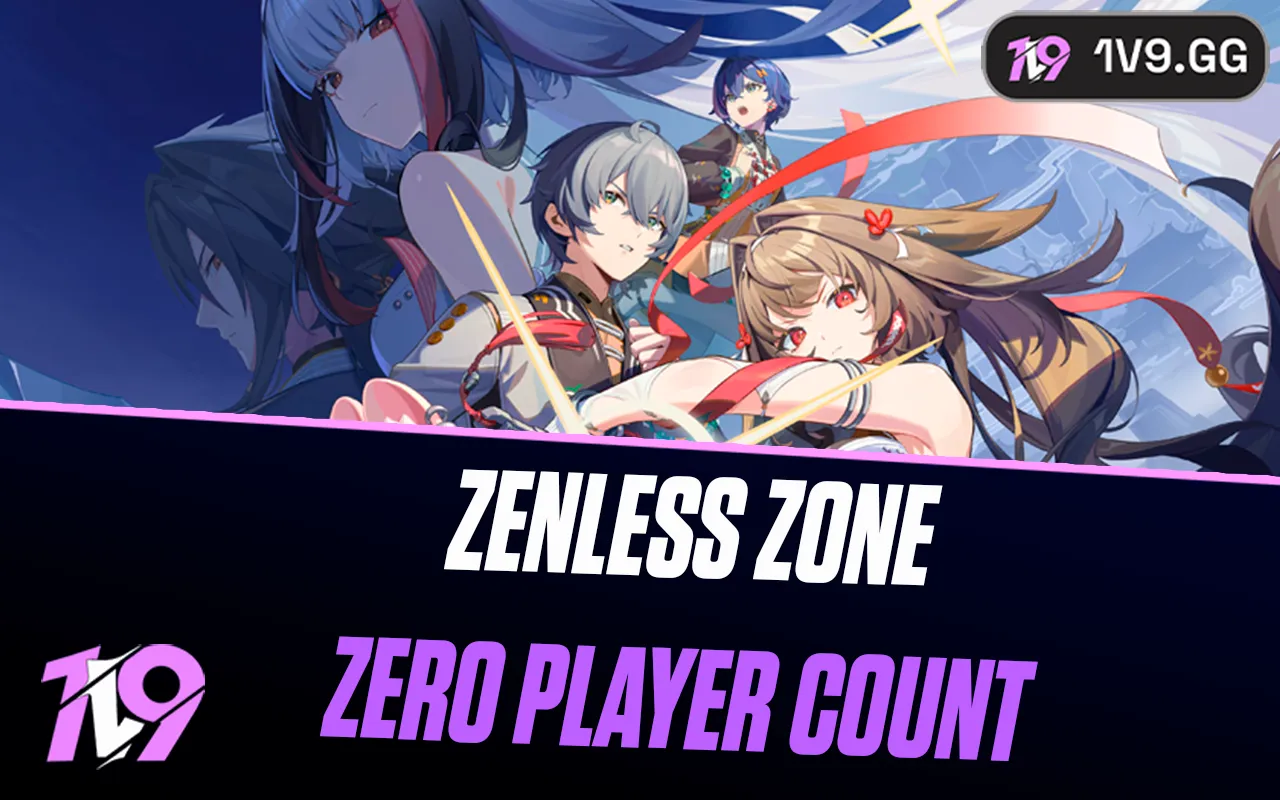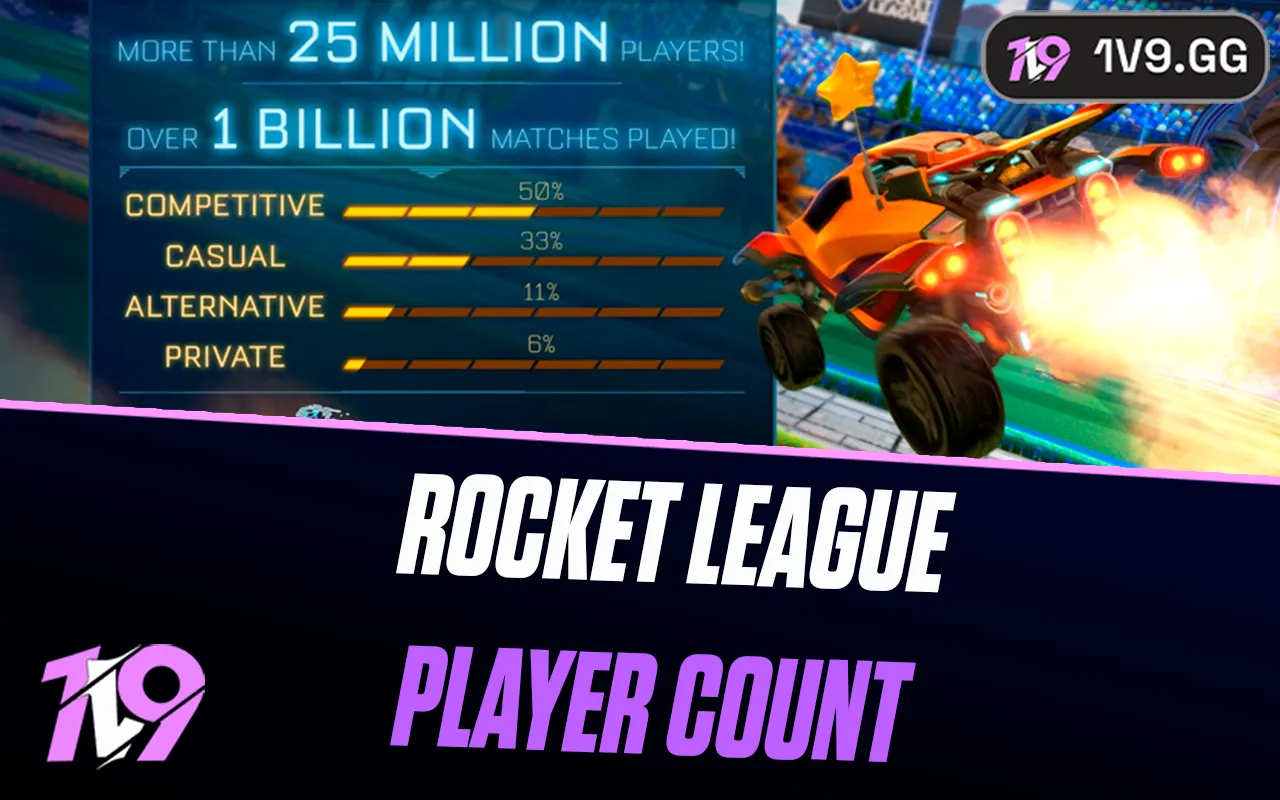- Home
Games
 League of Legends
League of Legends Valorant
Valorant-a6d5b3e156bb.webp) Fortnite
Fortnite Call of Duty
Call of Duty Clash of Clans
Clash of Clans GTA 5
GTA 5 Counter-Strike 2
Counter-Strike 2 Roblox
Roblox Rainbow Six Siege
Rainbow Six Siege Clash Royale
Clash Royale Minecraft
Minecraft Dota 2
Dota 2 Rocket League
Rocket League Genshin Impact
Genshin Impact Squad Busters
Squad Busters Rust
Rust Apex Legends
Apex Legends Pokemon Go
Pokemon Go XDefiant
XDefiant Hay Day
Hay Day LoL: Wild Rift
LoL: Wild Rift Diablo 4
Diablo 4 World of Warcraft
World of Warcraft Destiny 2
Destiny 2 FC 25
FC 25 Marvel Rivals
Marvel Rivals-9ede9dc6b01b.webp) PUBG Mobile
PUBG Mobile The Finals
The Finals Deadlock
Deadlock Forza Horizon 5
Forza Horizon 5 Growtopia
Growtopia Honkai: Star Rail
Honkai: Star Rail 8 Ball Pool
8 Ball Pool Warframe
Warframe Zenless Zone Zero
Zenless Zone Zero Runescape 3
Runescape 3 Path of Exile
Path of Exile Raid: Shadow Legends
Raid: Shadow Legends Lost Ark
Lost Ark WoW: Classic Era
WoW: Classic Era Summoners War
Summoners War WoW: Season of Discovery
WoW: Season of Discovery WoW Cataclysm
WoW Cataclysm WoW: Hardcore
WoW: Hardcore Throne and Liberty
Throne and Liberty New World
New World Mobile Legends
Mobile Legends Escape From Tarkov
Escape From Tarkov Path of Exile 2
Path of Exile 2 Blade Ball
Blade Ball Fisch
Fisch Pet Simulator 99
Pet Simulator 99 Pets Go
Pets Go-d8bcef7708c7.webp) One Piece Bounty
One Piece Bounty Anime Adventures
Anime Adventures Blox Fruits
Blox Fruits Adopt Me
Adopt Me Murder Mystery 2
Murder Mystery 2 Fragpunk
Fragpunk Wuthering Waves
Wuthering Waves Free Fire
Free Fire Teamfight Tactics
Teamfight Tactics Albion Online
Albion Online Black Desert Online
Black Desert Online Honor of Kings
Honor of Kings Brawl Stars
Brawl Stars Arena of Valor
Arena of Valor Call of Duty: Mobile
Call of Duty: Mobile Rematch
Rematch Steal a Brainrot
Steal a Brainrot Grow a Garden
Grow a Garden FC 26
FC 26 Plants vs Brainrots
Plants vs Brainrots Old School Runescape
Old School Runescape Overwatch
Overwatch Battlefield
Battlefield Arc Raiders
Arc Raiders Dragon Ball Legends
Dragon Ball Legends Fallout 76
Fallout 76 Jailbreak
Jailbreak Type Soul
Type Soul GPO
GPO DonutSMP
DonutSMP Escape Tsunami For Brainrots
Escape Tsunami For Brainrots Watcher of Realms
Watcher of Realms Roblox Rivals
Roblox Rivals- Lootboxes
- Become Affiliate
- Blog
- Contact Us
- Sign In

7 Video Game Skills That Are Useful in Real Life
Video games have become a huge part of everyday life, not just for entertainment, but also as something that can influence how we think and act. Some of the skills players pick up while gaming can carry over into real-world situations without them even realizing it. These skills aren’t just for people who spend hours a day gaming either, even casual players can benefit from what video games teach.
1. Learning Patience Through Play
One thing almost every video game has in common is that you don’t get good at it overnight. Whether you’re grinding levels in an RPG, trying to stay alive longer in a first-person shooter, or slowly getting better at a MOBA, all of it takes time.
Take poker, which has made its way into online platforms and hybrid games, and follow the same idea. You’re not winning right away, you’re learning what works and what doesn’t. It’s part of the fun, but it’s also a quiet lesson in patience.
That patience isn’t only for competitive games, either. Even when you play casino games without signing up, which has become common at online casinos that offer generous bonuses, large game libraries, and faster transactions, there’s still a level of patience involved. Whether you’re watching a hand play out or waiting on a spin, there’s an understanding that outcomes take time.
2. Decision-Making Under Pressure
Most games don’t give you much time to think, especially once the action picks up. Players are often forced to make choices fast. In competitive games, this might mean deciding whether to push forward or fall back. In strategy-based games, you might have limited time to figure out how to spend resources, level up perks, or which upgrade path to follow. These decisions often come with consequences, and players who game often tend to get better at thinking clearly under pressure.
That kind of thinking transfers well into work environments or high-stress situations. The ability to process multiple things at once and make a decision without freezing up is something that gets stronger the more you do it, and games give you that kind of practice constantly.
3. Improving Hand-Eye Coordination
This one’s more obvious but still worth mentioning. Most video games, especially ones played with a controller or keyboard and mouse, help build coordination between what your eyes see and how your hands react. Gamers don’t just get quicker, they get more precise. Small movements and reaction-based inputs become second nature.
These improvements don’t only help in games. Hand-eye coordination is useful in driving, sports, and even careers that involve physical tools or fast-paced environments like kitchens, warehouses, or emergency services. There has been research done showing that surgeons who play video games regularly often show greater accuracy and steadiness when using instruments, which says a lot about the kind of control gaming builds over time.
4. Strategic Thinking and Planning
There’s a difference between reacting and planning, and some of the most rewarding games are the ones that make you plan ahead. Whether it’s working through a quest line, setting up a base, or figuring out how to outplay the other team, you often have to think several steps ahead. That habit of looking beyond the immediate moment becomes a natural way of thinking the more you play.
Strategic thinking helps in plenty of everyday situations as well. Whether you’re planning your week, managing finances, or figuring out the best way to deal with a work issue, it’s useful to have the ability to think beyond what’s right in front of you.
5. Communication and Teamwork
Online multiplayer games have pushed communication to the front. Players who work in teams or play with friends often have to learn how to coordinate with others quickly, even if they’ve never met the people they’re playing with. This might be as simple as calling out enemy positions in a shooter or as complex as managing in-game roles during a tournament.
Knowing how to communicate clearly, listen, and understand what the team needs is something that can help far beyond the game. These are real-world skills that come in handy during group projects, customer service jobs, or any time you have to work with others toward a shared goal.
Some of the communication lessons that stick include:
- Saying what you mean in fewer words
- Reading tone even without seeing someone’s face
- Knowing when to lead and when to support
6. Adaptability and Dealing With Failure
No one wins every match or finishes every game without setbacks. Losing is part of the game. You get used to adjusting, trying new strategies, and figuring out what went wrong. In a lot of ways, failure in games teaches you to move on quicker and try again without letting it get personal.
That same approach helps in everyday situations where things don’t go as planned. People who game regularly tend to recover faster from frustration, whether they’re dealing with traffic, missed deadlines, or just regular day-to-day stress. The more you get used to bouncing back, the easier it is to carry that mindset into other areas of life.
Here’s what adaptability through gaming often looks like:
- Not repeating the same mistake twice
- Trying new approaches instead of giving up
- Staying focused even when things go sideways
7. Time Management
While gaming can take up hours, most players who juggle gaming with school, work, or other responsibilities develop a sense of when to play and when to stop. That self-control comes from having limited time to play and wanting to make the most of it. Players get good at breaking up play sessions, picking the best times to jump in, and knowing how long certain games or missions might take.
This kind of time awareness shows up in other areas. Whether it’s knowing how long a task will take at work or building a personal schedule that’s realistic, people who game often have a clearer sense of what they can handle and when. They also tend to be more aware of how easily time slips away, which can make them better at budgeting it in the first place.
Conclusion
Games have always been fun, but they’ve also quietly taught players things that don’t stay on the screen. The skills picked up over time, from patience to communication, often carry over without needing to be labelled as lessons. Even when people are just playing to unwind, they’re picking up habits and ways of thinking that help out in real life.
Posted On: December 11th, 2023
Recent Articles
💬 Need help?
Our 1v9 support team is available 24/7 to help you with any questions or issues you may have.
support@1v9.gg
Loading...
1v9.gg is not endorsed or affiliated by any game developers or publishers.
2025 1v9, All Rights Reserved, Created By NightDev






